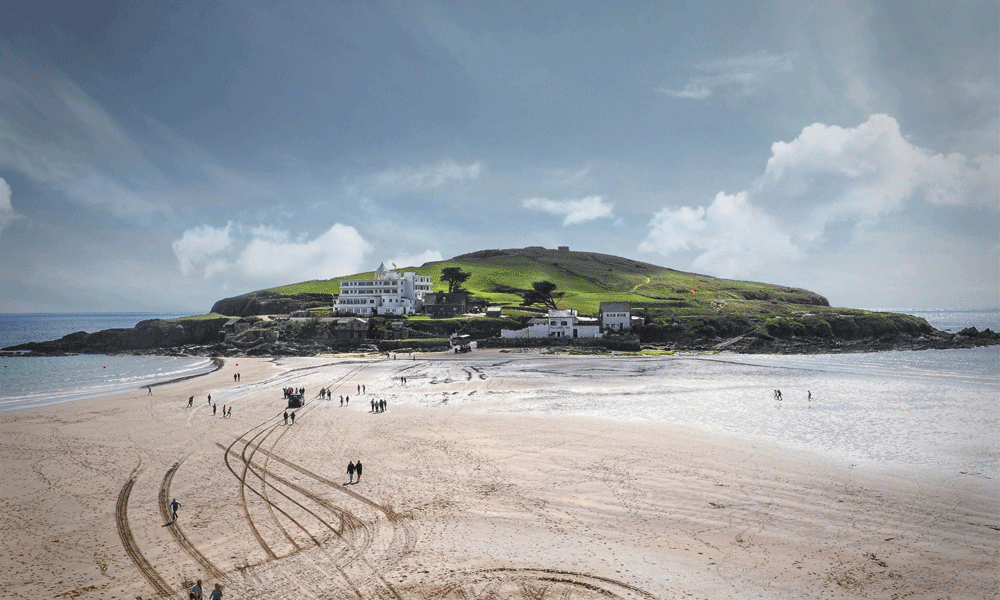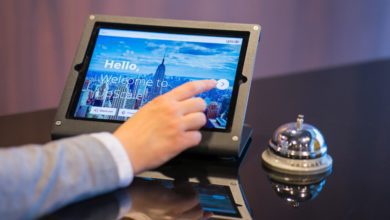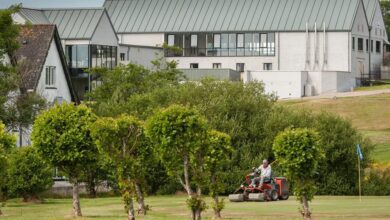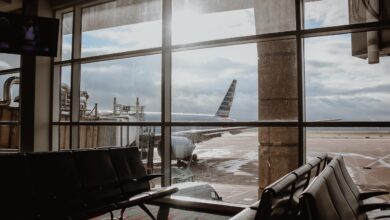How UK hotels can pivot resources to care for guests and staff in the pandemic
By Giles Fuchs, owner of Burgh Island Hotel
For the third time since coronavirus hit UK shores, we are once again in the midst of another lockdown. This spells more hardship for the country’s hospitality sector with hotels forced to close their doors once more and potential guests stuck at home remotely working and unable to travel.
For hotels, these extended periods of low revenue and lack of brand-building business present a unique challenge to overcome; they must find ways to be resourceful in hardship. Indeed, the first lockdown alone cost the UK’s hospitality sector £30bn in lost revenue, with an 87% fall in sales in Q2.
However, aside from the financial impacts of the pandemic, hotels must also consider and make changes to rectify the negative pressures placed on their staff and communities who are so crucial to their continued success.
Supporting the local community
With many workers on furlough and community morale at a low, hotels, with their large influence and great resource, are well positioned to inject a healthy dose of positivity and fun back into their local areas. Indeed, Burgh Island’s expert hoteliers, Inntelligence, organised a charity ‘Hospitality Positivity’ fundraiser to give back to the industry, incorporating staff from their entire portfolio of hotels to demonstrate the strength of the hotel community. A large portion of the proceedings will then go to the charity Hospitality Action to contribute to their efforts in supporting those in the industry most affected by the events of the last year. The Head Chef at Burgh has also ensured that all suppliers are now local to help community business, a welcome aid during the economic downturn.
Maintaining luxury in crisis
While we may all enjoy some home luxuries, nothing can beat the true comfort of a pampering luxury hotel experience. Recognising this early on has placed many hoteliers in a good position to capitalise on residual guest demand and drive revenues.
For example, the Berkley Hotel in Knightsbridge has cared for its loyal patrons during the pandemic by delivering room service to their doorsteps, generating sales while keeping the hotel’s brand at the forefront of the client’s mind. The Newt has followed a similar route, offering virtual tours and workshops to keep spirits and revenues up. Identifying consumer demand for services hotels can still offer during the pandemic has provided guests with the uplifting hotel perks they have been missing, while also supporting the business financially.
Supporting sustainability
With the Government’s efforts towards net-zero in full swing, sustainability drives should be a top priority for hotels both during and after the pandemic. Hotels’, with their large community influence, are well placed to make a difference in this arena. Through infrastructural and operational changes, hoteliers have been able to sufficiently demonstrate their ESG credentials.
At Burgh Island, a significant amount of produce is sourced from Burgh’s onsite garden to reduce emissions. Moreover, implementing solar panels on underused land, using their own borehole for cleaning water and irrigation, training all staff in energy awareness and working alongside the carbon trust has contributed to Burgh being awarded Gold by the Green Tourism movement and the Gold Award by the Green Apple Organisation for conservation.
So, with hotel doors closed and the goal posts set for their recommencement of staycation travel, hoteliers should look to use the current lockdown to pivot their resources to exhibit their environmental care to their guests. Indeed, it has been shown that 75% of millennials and Gen Z prefer sustainable businesses and are willing to pay more for them.
Taking care of staff
Extended periods of remote working and a severe lack of human-human connection, mental health issues have run rampant during this global health crisis. In fact, during the pandemic, loneliness has affected 24% of adults. For hotel staff, the negative mental effects of lockdown have been amplified, with staff unable to work as hotel operations are put on pause.
It is important for hotels to care for the workers who are integral to the success of their business. That’s why over the numerous lockdowns in the UK, we have worked to ensure our hotel has had its doors open to staff throughout, giving them a community to enjoy and uplift them during this difficult time. Our Head Chef even stayed resident to provide some much-needed edible care.
Making an effort to look after employees is not only the right thing to do morally, but also benefits the business long-term. Indeed, research from the University of Oxford in 2019 found that workers who are happy are 13% more productive.
Ripe for the taking
Achieving the above will place hotels in an advantageous position long-term despite the trials of the pandemic, building their brand through action rather than passive promotion. In a global health crisis, with hotel doors closed to the public, cultivating a brand that is recognised as providing escapism through luxury but also as a support system for its employees and the surrounding community sets a powerful example for hotels and the hospitality sector as a whole and will bolster their success long-term.
By Giles Fuchs, owner of Burgh Island Hotel










